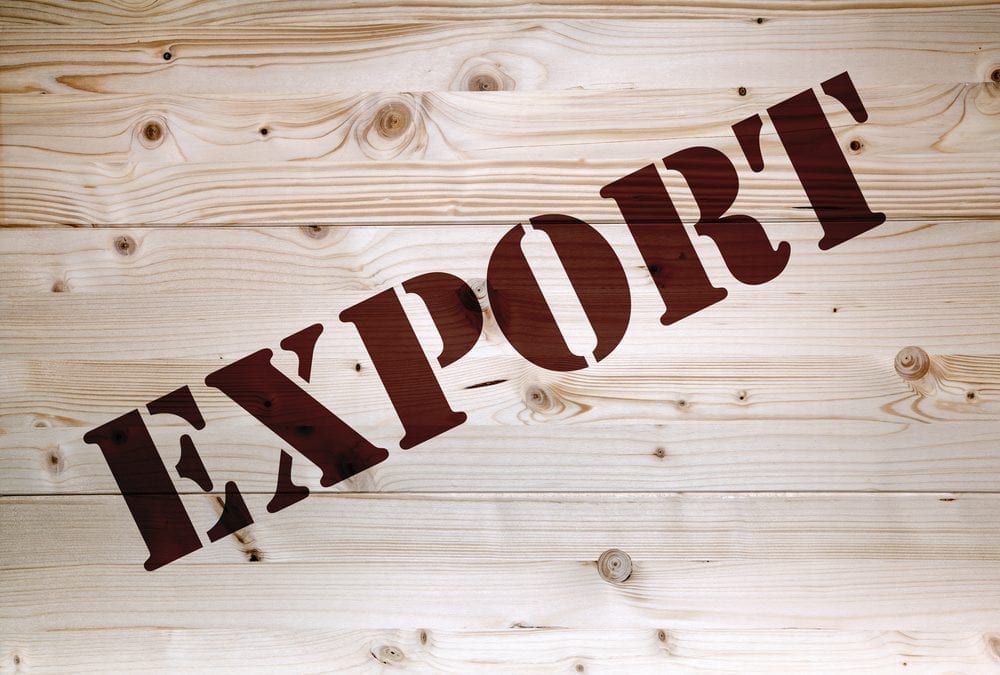
When it comes to intra-regional trade, the African continent is lagging seriously behind its North American and European counterparts. In North America, intra-regional trade accounts for 40% of all foreign business. In Europe, the figure is 60%. In Africa, it’s around 12%. Despite calls from governments, the private sector and trade organisations to stimulate business between African countries, that figure remains stubbornly low. However, when it comes to trade between South Africa and other African countries, we are seeing an increasing trend, contrary to what’s happening on the rest of the continent.
“South Africa has a relatively well developed manufacturing sector when compared with many other African countries,” says Stephen Segal, divisional director at Value Logistics. “This creates a demand for our products and puts us in an ideal position to export goods into the continent.
“In addition, many of our neighbours are landlocked and rely on our ports as points of entry for their imports from further afield.”
These are just two of the factors that contribute to an increase in freight transportation across our borders.
“Anyone involved in the movement of cargo into neighbouring countries, or further northwards, should take care to ensure their goods arrive safely, timeously and legally,” says Segal. “Each week we hear of a new type of border transit scam that leaves exporters sitting in a loss situation. Many vehicles also experience long delays at borders when drivers don’t have the correct paperwork, or when customs queues are long. This could be disastrous for certain types of goods or for tight delivery schedules.”
Segal says it can be difficult to keep abreast with changes in various countries’ import regulations.
“You might send a consignment of goods across the border one month using one type of documentation, only to find that the requirements have completely changed by the next month when you send exactly the same load through exactly the same border post,” he says.
Segal recommends making use of a reputable cross-border logistics company whenever sending goods into other countries.
“There are plenty of advantages in using a reputable transport company when it comes to sending goods into other countries,” he says. “Firstly, these companies keep up to date with the latest road freight import requirements across sub-Saharan Africa. Secondly, once a transportation company has established a reputation for being honest, reliable and compliant with the law, its trucks will be less likely to be stopped for inspection when crossing borders. Thirdly, a reputable organisation will refuse to pay bribes. Fourthly, these companies are more likely to keep a well maintained fleet, reducing the risk of breakdowns. Fifthly, most will come with vehicle and load tracking, allowing you to keep tabs on your cargo from loading to delivery.”
These are just a few of the reasons that Segal puts forward as benefits of doing business with a reputable cross-border freight company.
“Even though it may cost slightly more, but it’s well worth the extra expense when you consider all the risk mitigation factors,” he says. “At the end of the day it’s all about peace of mind, knowing that your cargo will arrive safely and efficiently at its final destination.”

